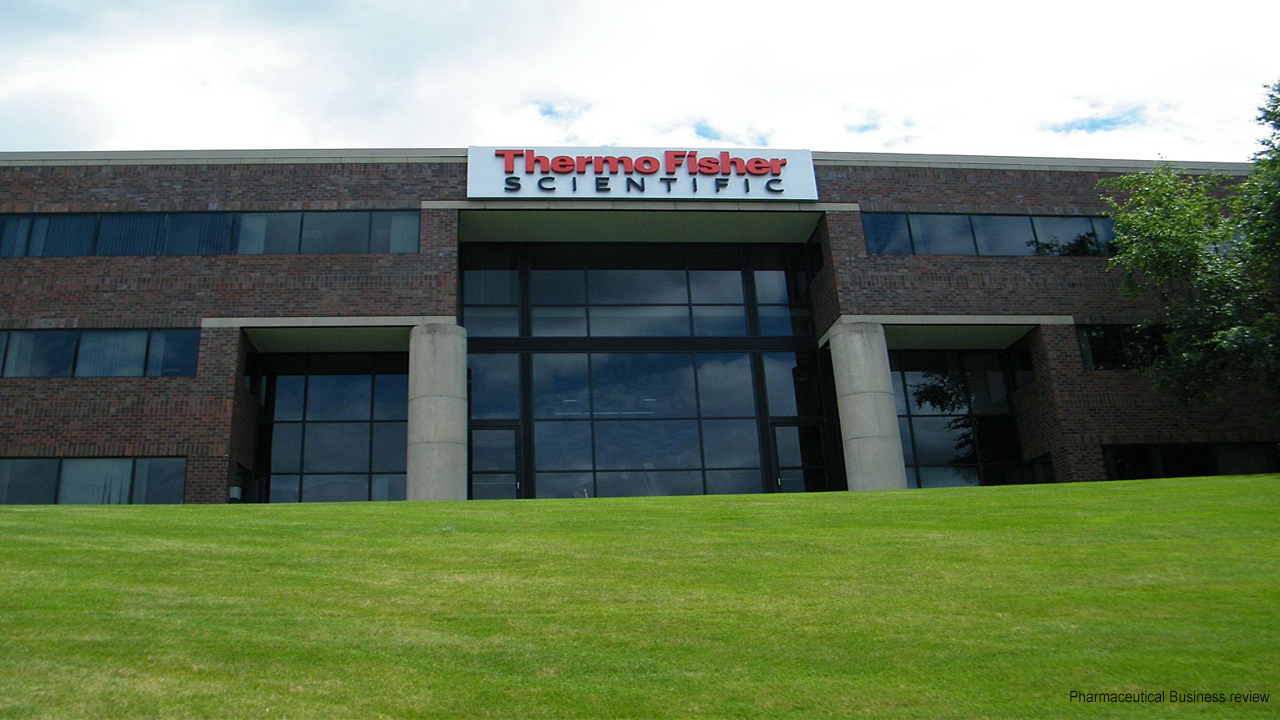Thermo Fisher Scientific, the world leader in serving science, announced it will further expand its footprint in North America and Europe for sterile drug product development and commercial manufacturing of critical medicines, therapies and vaccines.
"We have continued to invest strategically in capacity, technology and expertise across our global network so we can accelerate innovation and enhance productivity for our customers," said Mike Shafer, senior vice president and president, pharma services, Thermo Fisher Scientific. "This has enabled us to respond quickly and support our customers with unprecedented scale and depth of capabilities to meet the high demand for new therapies and vaccines. By simplifying the supply chain and solving complex manufacturing challenges, we shorten development timelines in order to get high-quality medicines to patients, faster."
Among the Thermo Fisher sites currently being expanded are Greenville, NC.; Swindon, U.K.; and Ferentino and Monza, Italy. These investments will add 15 development and cGMP commercial production lines, leveraging Thermo Fisher's robust quality standards as well as supporting a range of capabilities including live virus, aseptic liquid and lyophilized vial filling. These projects are expected to be completed over the next two years and will create approximately 1,000 jobs.
In addition to expansions in North America and Europe, the company recently announced significant projects in Asia-Pacific, including a new sterile manufacturing facility in Singapore and a new integrated biologics and sterile drug development and manufacturing site in Hangzhou, China.
"With these investments, we've nearly doubled our global footprint for drug development and commercial manufacturing, which allows us to support our customers with unmatched flexibility, expertise and scale at a time of unprecedented demand," added Shafer.
The activities underscore the rapidly growing global demand for injectable sterile drugs, which comprise 46% of the total dosage forms securing U.S. FDA approval in 2019.

 The investments will add 15 development and cGMP commercial production lines, leveraging Thermo Fisher's robust quality standards
The investments will add 15 development and cGMP commercial production lines, leveraging Thermo Fisher's robust quality standards 










.jpeg)








.png)
.png)

.png)
.png)
.png)

.png)
.png)
.png)

.png)
.png)